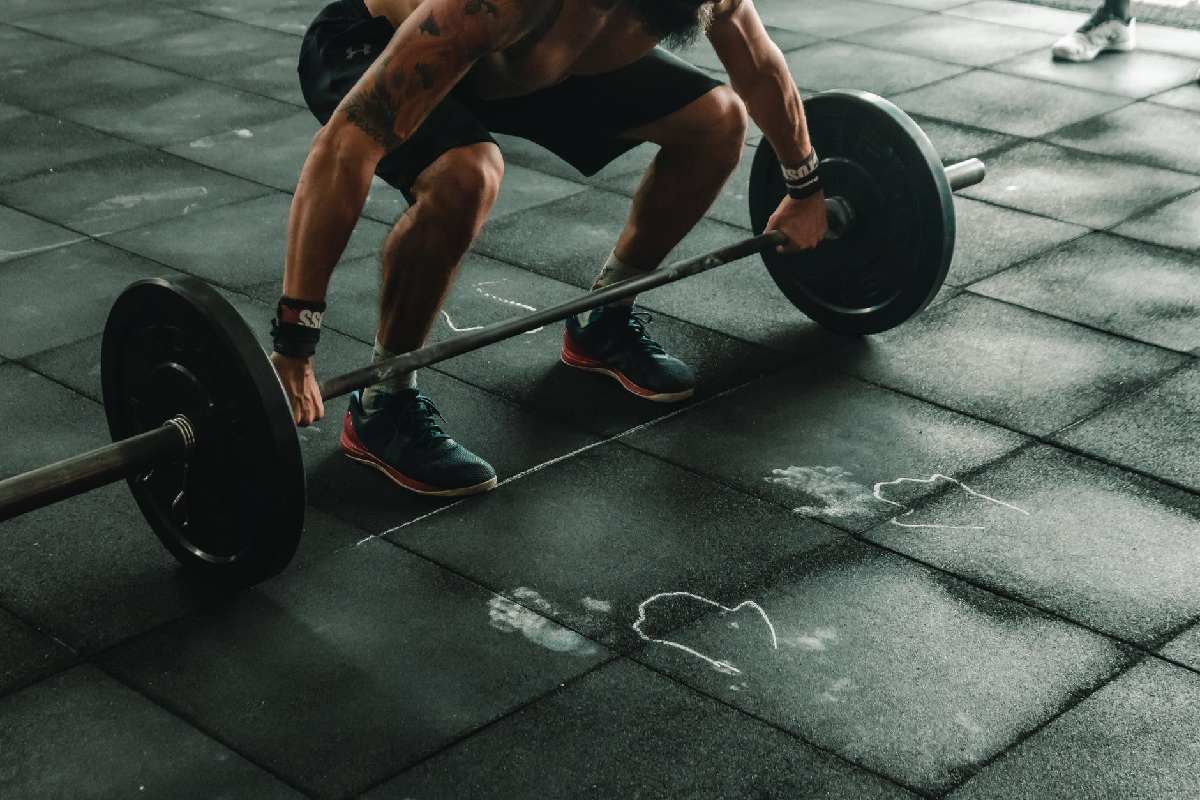Sufficient Intake of Potassium
A potassium deficiency could lead to cramps, muscle weakness, and an increased risk of arrhythmias and kidney stones.
Fixed you know that potassium is one of the crucial minerals for our body? Therefore, it is involved in a large number of functions:
It is necessary for the contraction of muscle tissue. Therefore, the contribution of minerals in our daily eating patterns through food contributes to the proper functioning of our muscles.
Helps our nervous system work properly.
It maintains the balance of substances inside and outside the cells.
A mineral that is part of our bones.
It is essential to regulate the heart rate and blood pressure.
Table of Contents
1. What potassium does – Potassium Important In The Athlete?
According to Mens Health Updates, potassium helps regulate fluid balance, helps your nervous system relay messages between your brain and body, and regulates muscle and heart contraction. While these functions are critical on an everyday basis for survival, athletes should be particularly interested in the role potassium plays in athletic performance.
Regulating fluids, communication between your brain and body, muscle contraction – each of these activities becomes elevated and increasingly important as your exercise effort gets harder.
2. We don’t get Sufficient Intake of Potassium
According to the article on PubMed, only 2% of US adults consume the recommended potassium per day. However, this same study asserts that 99.4% of US adults consume more sodium than the recommended daily. In addition to just not consuming enough potassium, levels can also be affected by certain illnesses and excessive sweating, antibiotics, abusing laxatives, and drinking too much alcohol.
3. How to get more Potassium in your Diet
The bottom line is: Do you sweat? You’re losing potassium. And if you’re not actively replacing it, your electrolyte balance will be off, and you’ll slowly start experiencing the consequences. Ever have a day where your brain and body feel disconnected when you’re working out? It might be low potassium.
How about a muscle cramp that won’t go away? Again, it could be potassium. The good news is that growing your potassium through natural foods has no downside. So there is no reason not to start incorporating more potassium-rich foods into your diet.
When we do physical activity, we lose minerals, such as potassium, through sweating. Therefore, it is essential that we quickly recover from this loss through proper hydration and nutrition. In addition, if we do not heal properly, our muscles can lose the ability to generate nerve impulses and, therefore, to exercise correctly.
Potassium Important In The Athlete – Main Sources of Potassium
It is in many foods. Therefore, we can obtain adequate amounts of potassium by consuming a variety of foods, such as:
Legumes: beans, chickpeas, beans, and lentils.
Nuts and seeds: hazelnuts, pistachio, sunflower, and pumpkin seeds.
Green leafy vegetables.
Dairy: milk and yogurt.
Fruits: dried banana, prune, and apricot.
Meat, poultry, and fish.
It is difficult for a deficiency to occur if we eat a varied and balanced diet. However. Potassium deficiency is more likely in people. Who use certain medications (laxatives or some diuretics), have inflammatory bowel disease, or are on a limited diet.
A potassium deficiency could lead to cramps, muscle weakness, and an increased risk of arrhythmias and kidney stones.
To provide a correct intake of potassium through our daily dietary guidelines. We leave you the following recommendations:
Eat 3 to 4 servings of legumes a week.
Eat 3 to 4 servings of dairy a day.
Accompany your salads, snacks, or breakfasts with a handful of nuts.
Do not remove any food group from your diet.
Therefore. Do not forget to carry out a varied and balanced diet to lead a healthy life. Potassium is a inorganic that we can incorporate into our diet by consuming a variety of foods.

